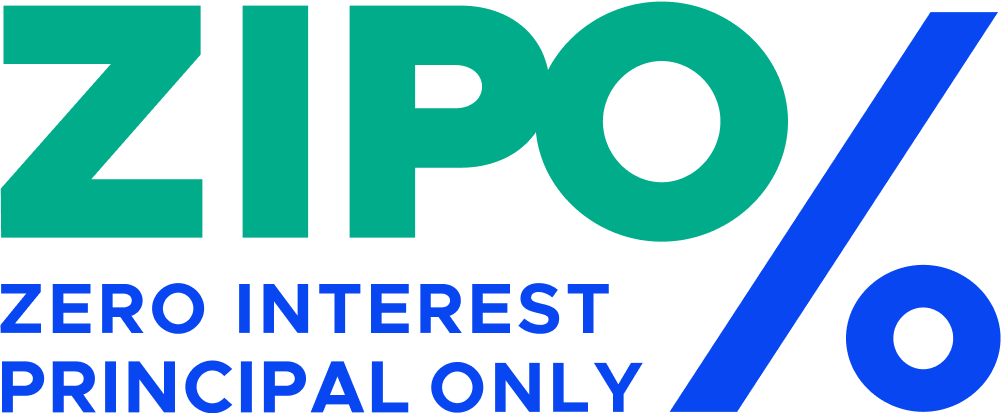NEWS
The 2020 Presidential Election & Your Student Loans: Here’s What You Should Know
The 2020 presidential election has brought both new and old political issues to the surface. Student loan debt is an ongoing concern that is being looked at with a sharper focus now that more families are struggling financially during the pandemic. Not only have the presidential candidates been pressured to look for solutions to student loan debt and repayment plans, but there are also several changes to expect no matter who wins the election.
Being aware of the latest information regarding student loans and how each candidate proposes to address the issue of growing debt in America helps you make the best choices this election season.
Joe Biden’s Plans to Address Student Loans
Joe Biden has outlined his plans regarding college affordability in the, “Plan for Education Beyond High School,” portion of his campaign. This plan outlines his desire to lower the need for student loans from the very beginning of a student’s post-high school education by making community college free for the first two years. He also proposes doubling the maximum amount of the Pell Grant offered to college students, and making college tuition-free for students who come from families that make below $125,000 a year.
For those who already have student loan debt or that plan to apply for a loan, Biden’s plan suggests doing a major overhaul of the current repayment system. Instead of the current tiered system of repayment plans, Biden’s proposal is more income-driven. Students who make below $25,000 a year would be exempt from making payments, and the interest on their loans would be set to 0%. All other borrowers would have their payments set at 5% of their discretionary income that is calculated after they’ve earned their first $25,000. After 20 years of payments, all student loan debt that remains is eligible to be forgiven.
Currently, certain public service workers already have the option of using the Public Service Loan Forgiveness program to have their loan balances forgiven tax-free after they’ve made 120 consecutive payments. Biden’s plan is to expand upon this program by broadening which types of loans are eligible for the program.
President Trump’s Plan to Address College Affordability
President Trump has already set some parts of his plan into action through his 2021 proposal to Congress. The proposed changes have not received Congressional approval, but they serve as strong indicators to the direction that he’ll take with student loans if he is re-elected.
Trump hopes to lower the total amount of student loan debt in America by restricting parent PLUS loan amounts to $100,000 over the course of a student’s education. Graduate PLUS loan borrowing would also be limited to $26,500 total.
The President also addresses income-driven repayment plans by suggesting that the entire program be put into one plan. This plan would set limits on payments to be 12.5% of the borrower’s discretionary income. Since Trump believes that the income-driven repayment plan under this proposal will be beneficial for everyone, he further seeks to end the Public Service Loan Forgiveness Program.
The interest on student loans is also expected to be a big topic given Trump’s current budget proposal. He has proposed eliminating the Federal Direct Subsidized Student Loan Program. This program currently serves students with financial needs by having the government cover the interest that accrues on student loans during certain circumstances, such as when the loan is in deferment. Ending this program means that borrowers will be responsible for all of the interest that accrues on their loan regardless of their financial or personal situation.
How Likely Either Plan Is to Happen
One of the questions that people tend to ask is whether or not a presidential candidate can actually make their proposals come true. The truth is that both of these proposals must first go through Congress. In the past, presidential proposals to Congress have been turned down, but there is always the option of further negotiating a deal. Although you might not get a guarantee that these proposals will pass, understanding what each candidate believes should happen helps you vote according to your needs and beliefs about student loan debt.
The year of 2020 has already proven to be unpredictable, but the requirement to pay back student loans is still as predictable as paying taxes. While the likelihood of erasing debt is still off the tables with both presidential candidates, there is still the possibility for positive change. Working together to create zero interest government-issued student loans should be at the top of everyone’s agenda as they vote in this year’s election.
